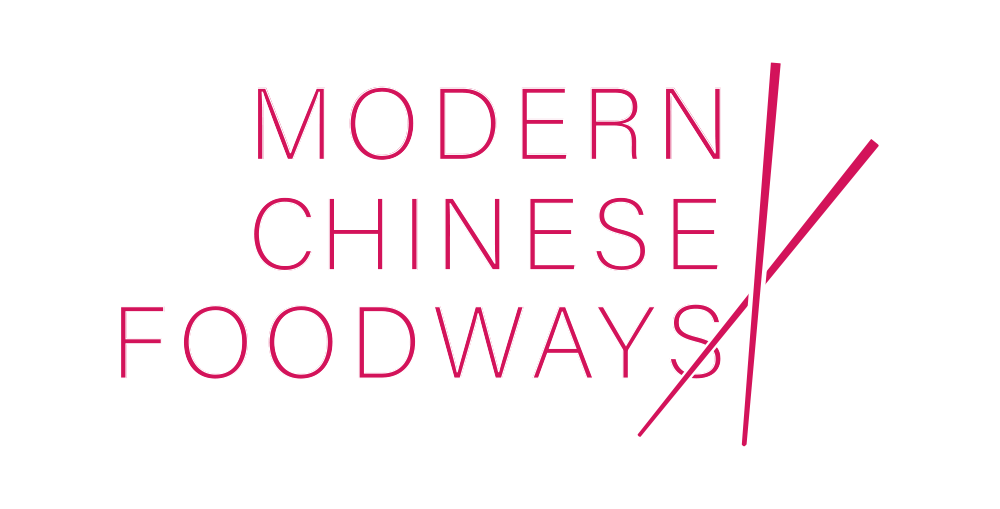ABSTRACT
This research focuses on the texts dealing with aesthetic and hedonic appreciation of food, a genre that has been developed for a very long time in China. In post-1980 China this kind of literary endeavours has undergone new developments. They are most often anthologies of short essays on food or on facts related to food practices that have played a particular role in the lives of their authors. The aim is to highlight their peculiar knowledge of tastes through literature. Several official publications of this kind of texts, and others such as a cooking magazine (Zhongguo pengen), dictionaries and encyclopaedias were part of the policy of rebirth of the economic sector of food launched by the government especially from 1984 onwards. The aim was to contribute for their part to the revival of an important sphere of the economy through the gastronomic sensibility of certain authors. Over the years, some of these became true specialists in food and known as chroniclers and gastronomic journalists. But after the publication in 1983 of Lu Wenfu’s novel, Meishijia, and the diffusion of the neologism meishijia, the milieu of this expertise of tastes was upset because this word called into question the validity of a writing practice. It referred to the very definition of the “social or socio-professional” status of these authors who called themselves “connoisseurs of tastes” so much so that they felt the need for themselves to claim to be meishijia, or on the contrary, to reject this qualification. Since the years 2005-2010, the stakes seem to have evolved, the question of “to be or not to be a meishijia” probably no longer being as important, especially with the surge of the video films trend that favours neither words, nor scholarly or literary expressions, but privileges the image, as one could expect. This text remains partly unfinished and is based on empirical research. It has no theoretical pretensions, despite the quick recourse to a semblance of sociological analysis. Without a deeper analysis, it cannot in any way be part of Pierre Bourdieu’s scholarly work on the literary field.
